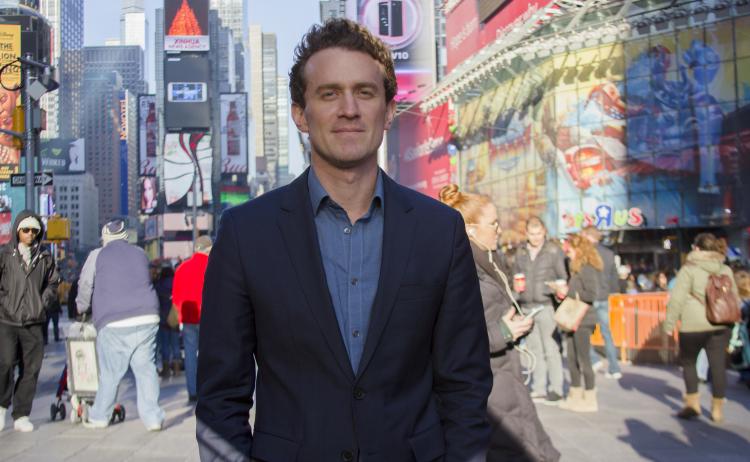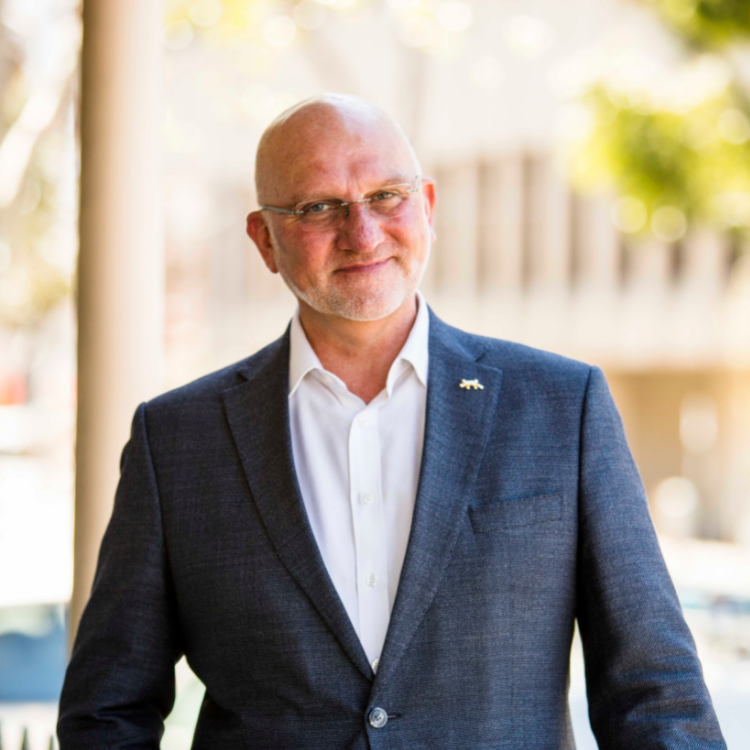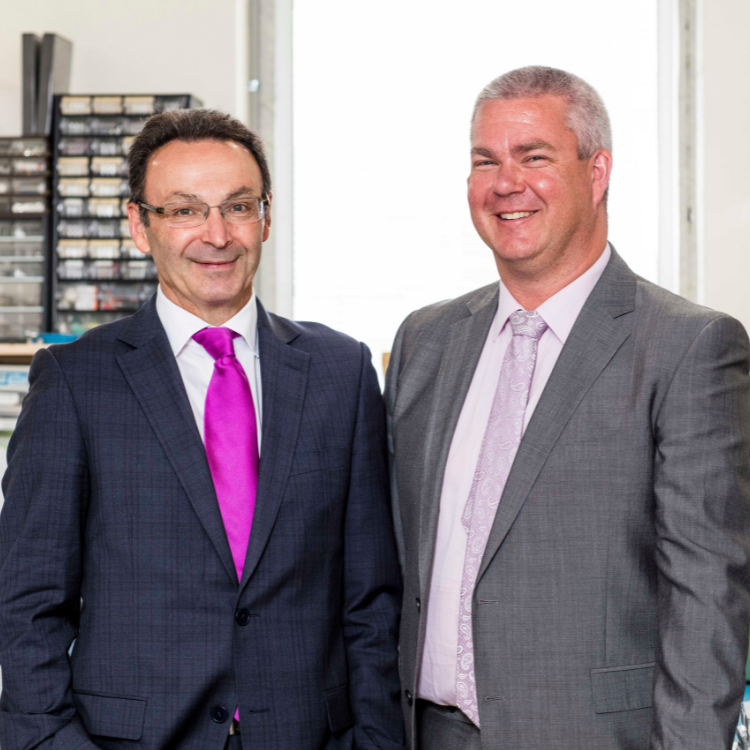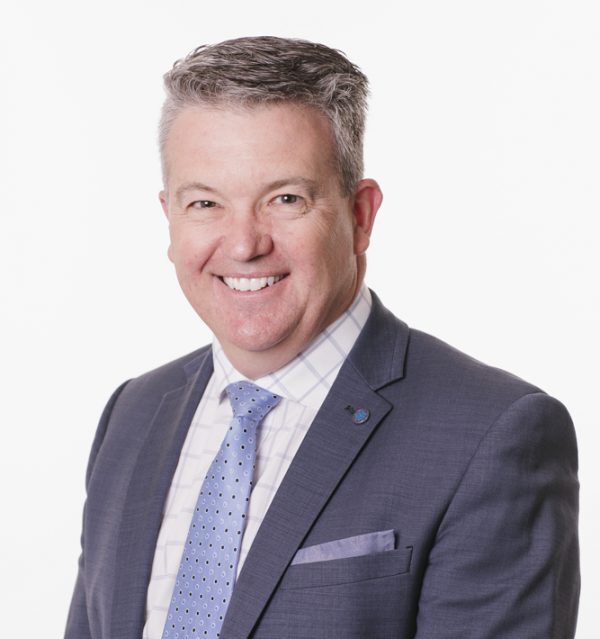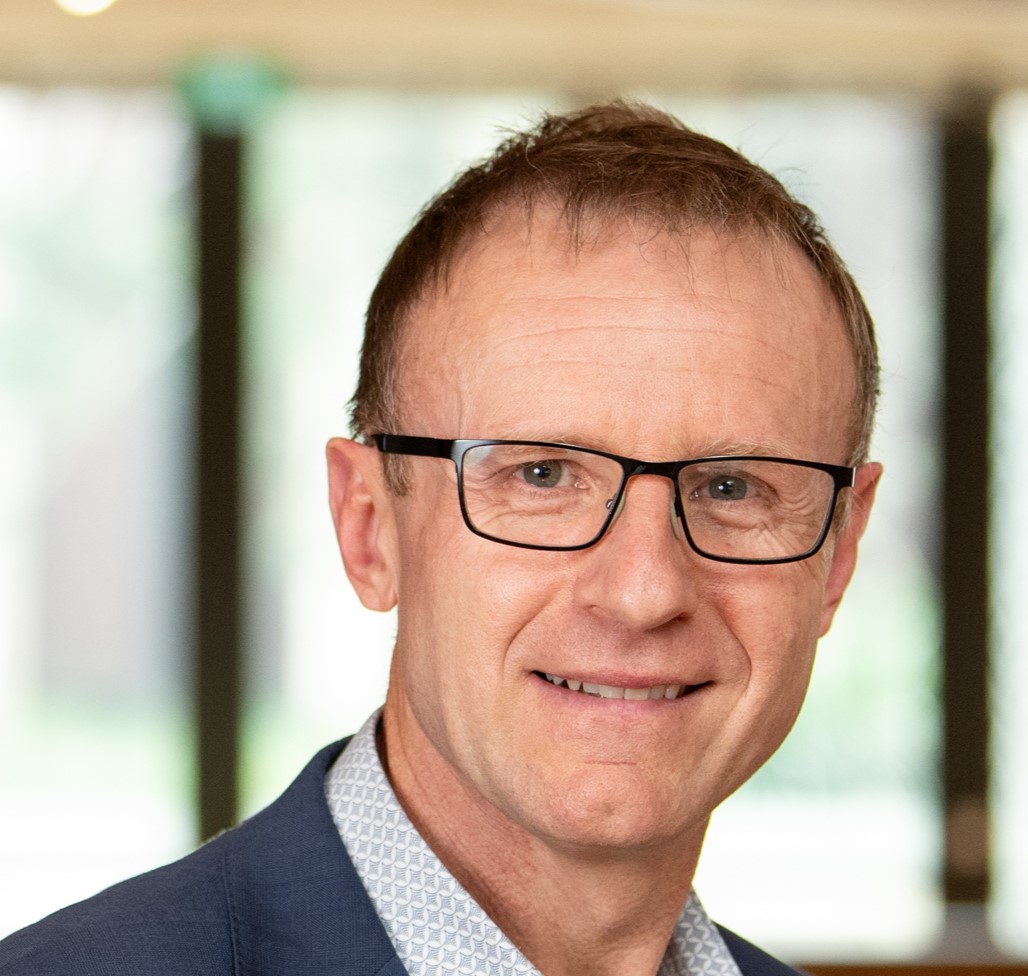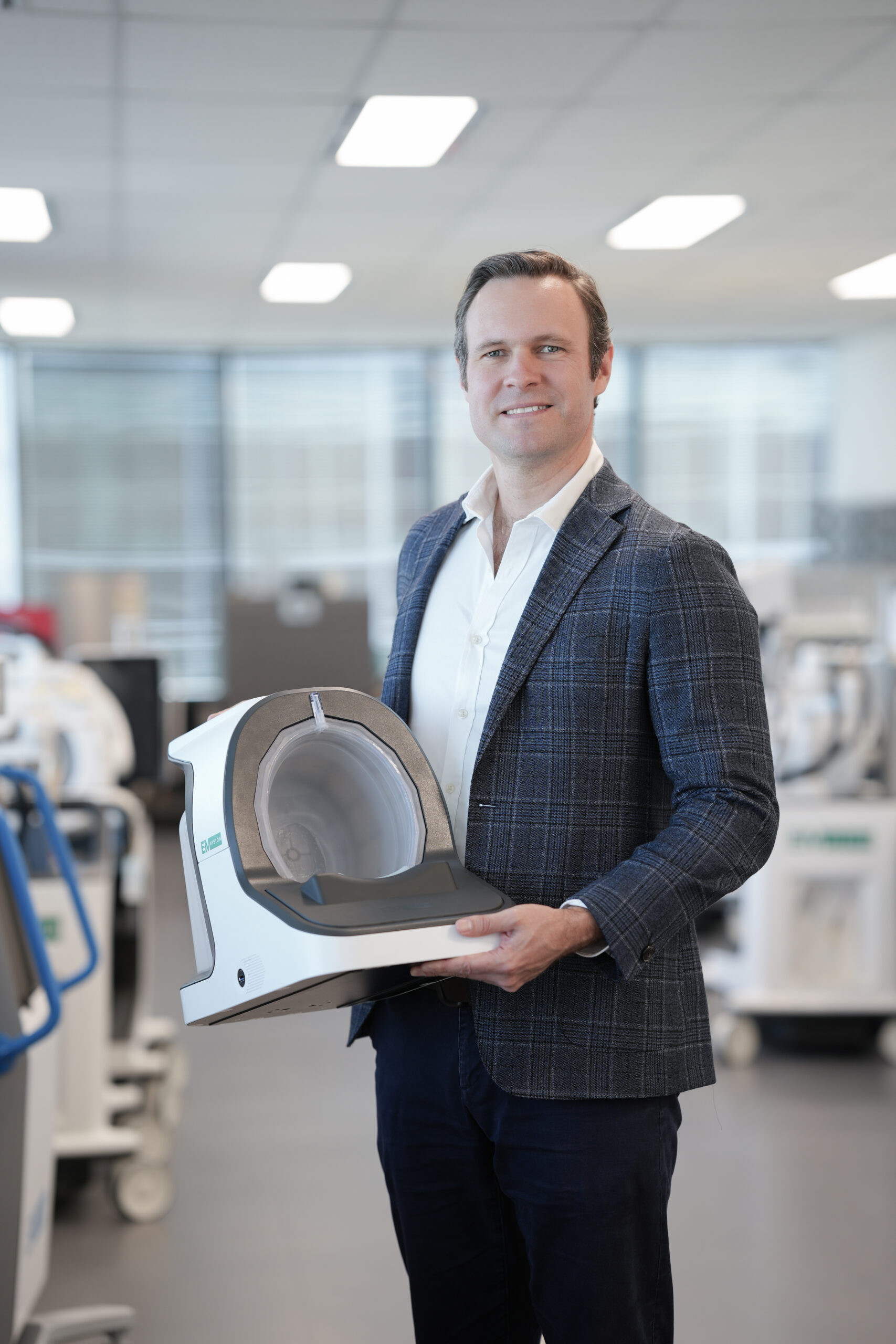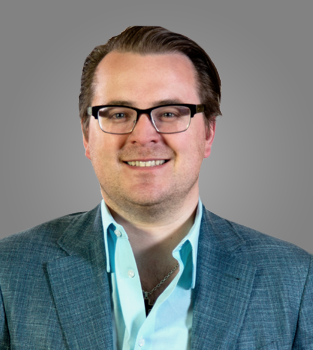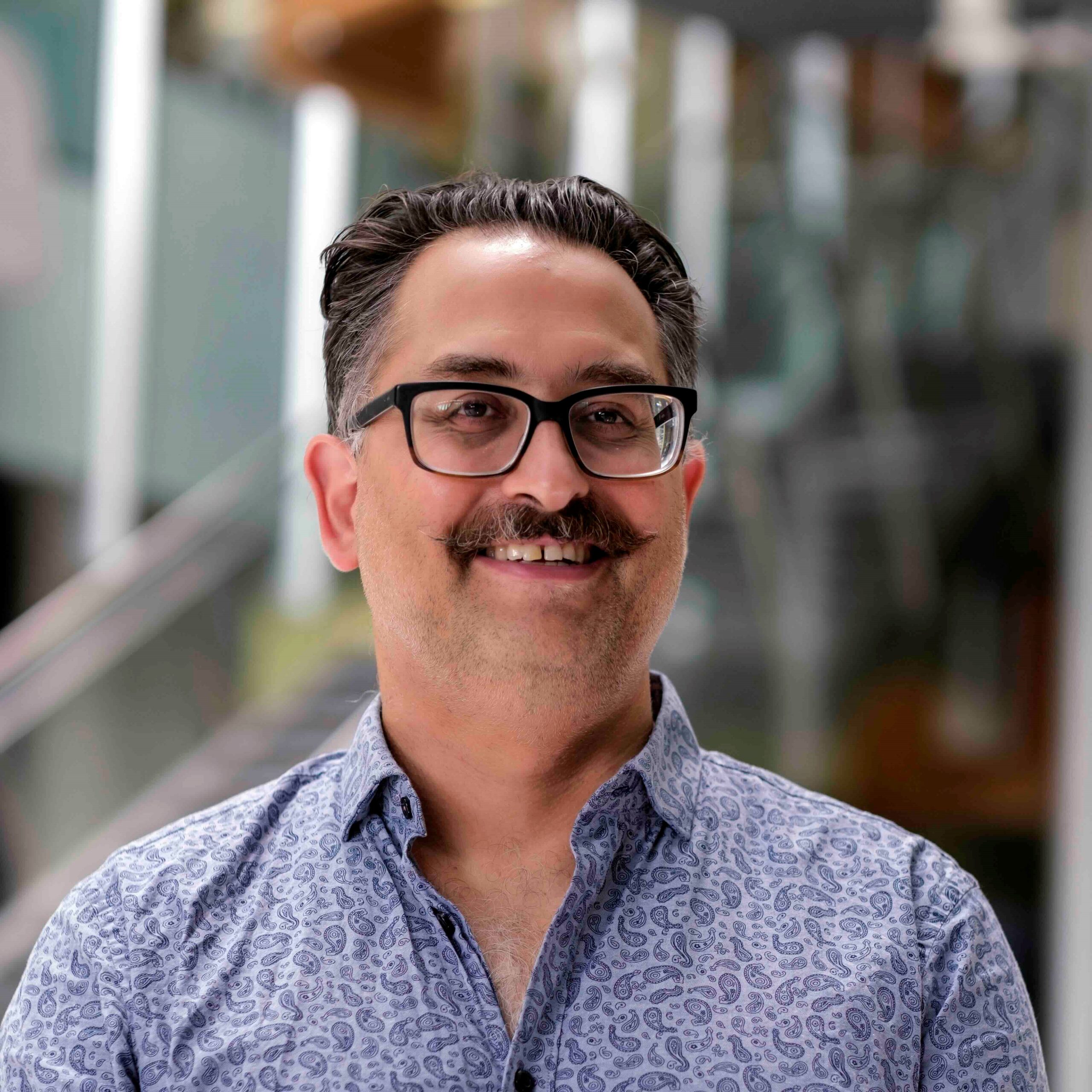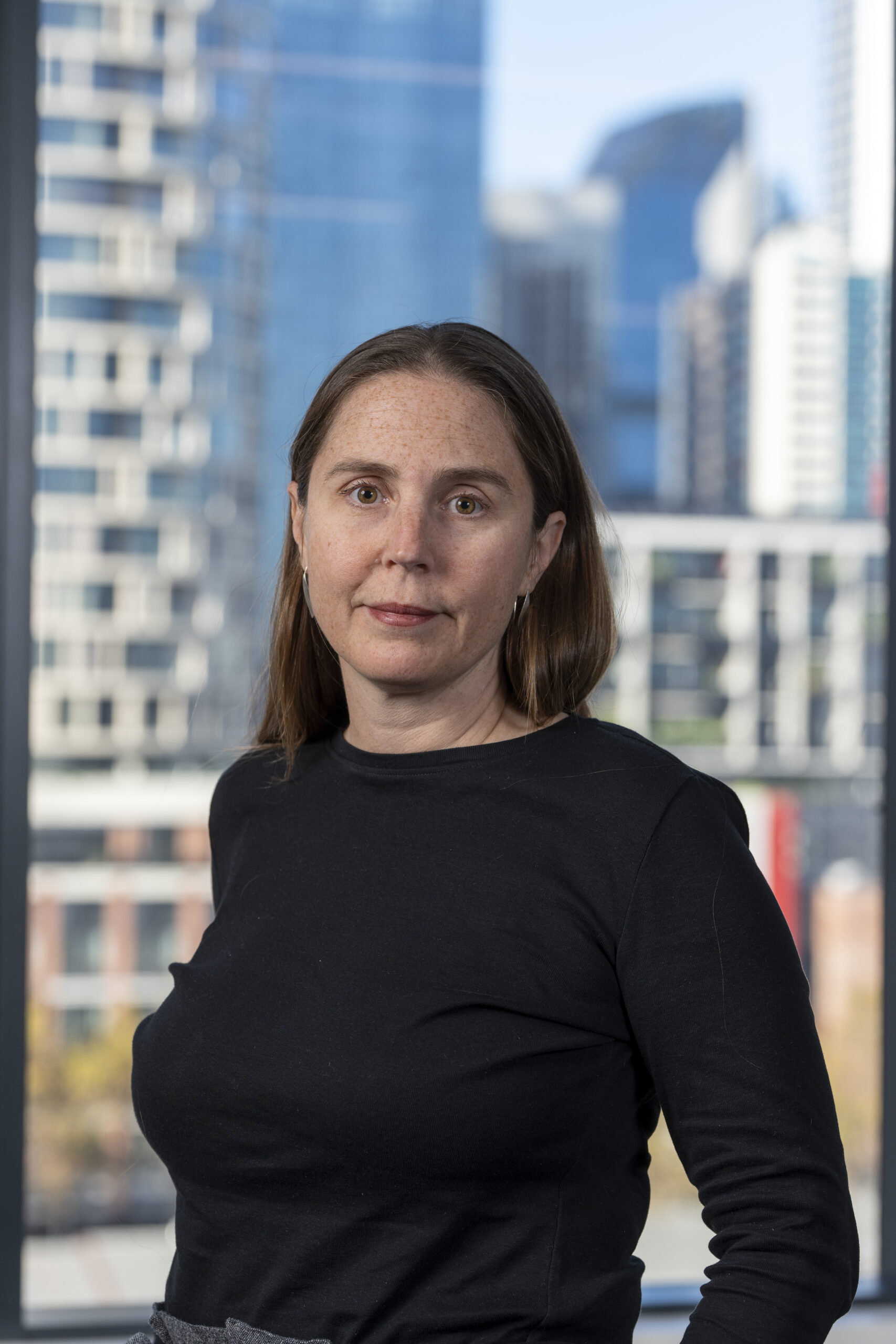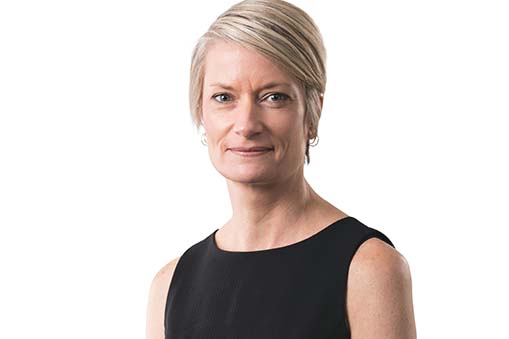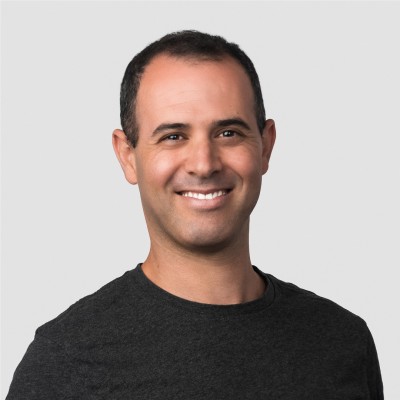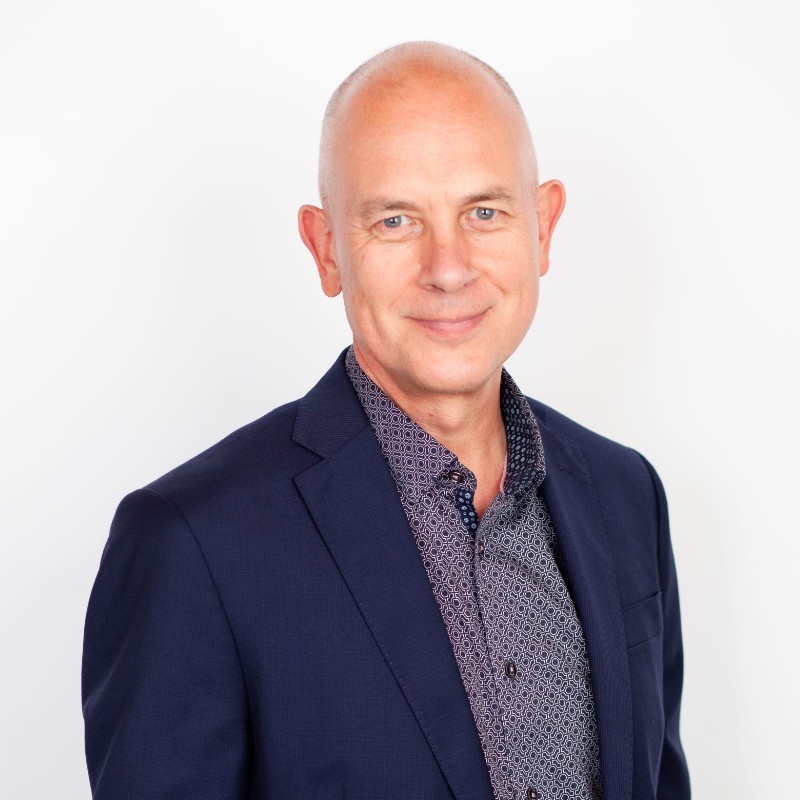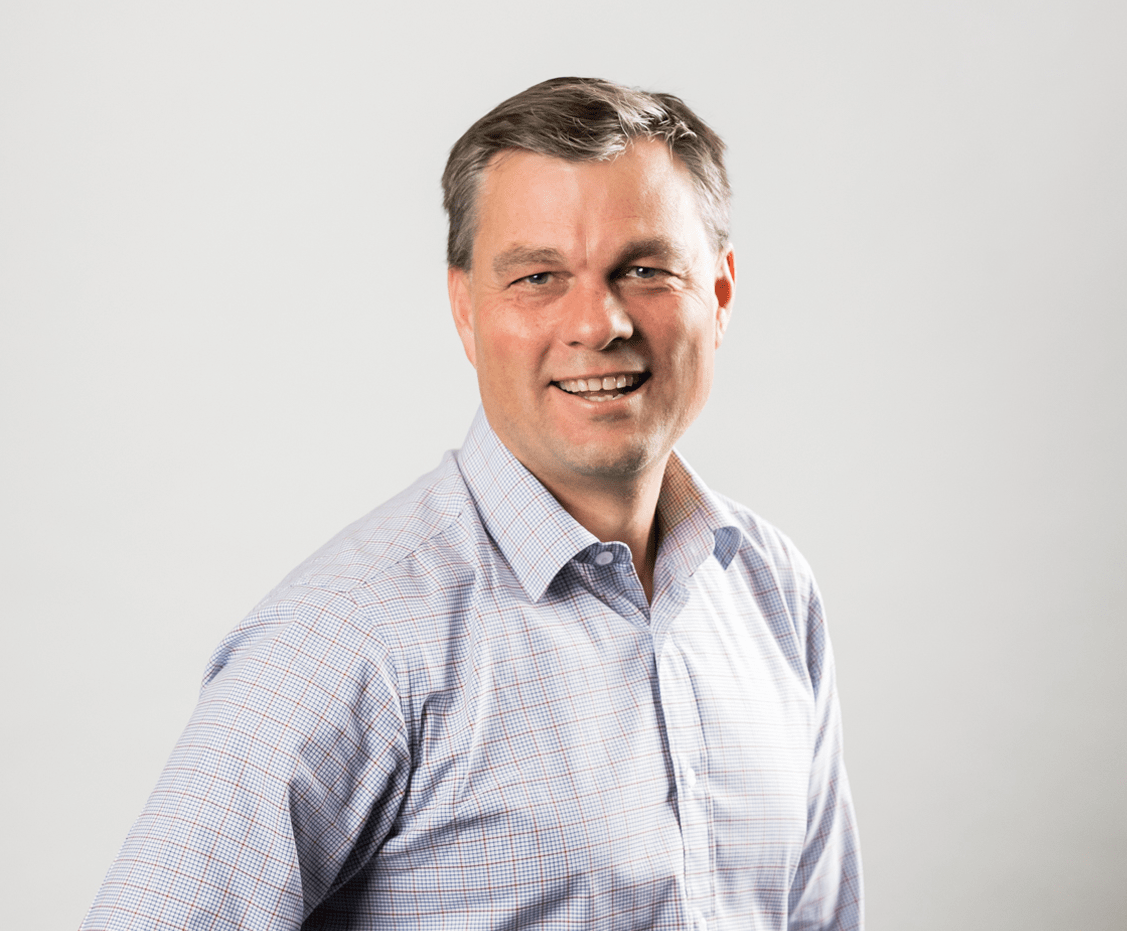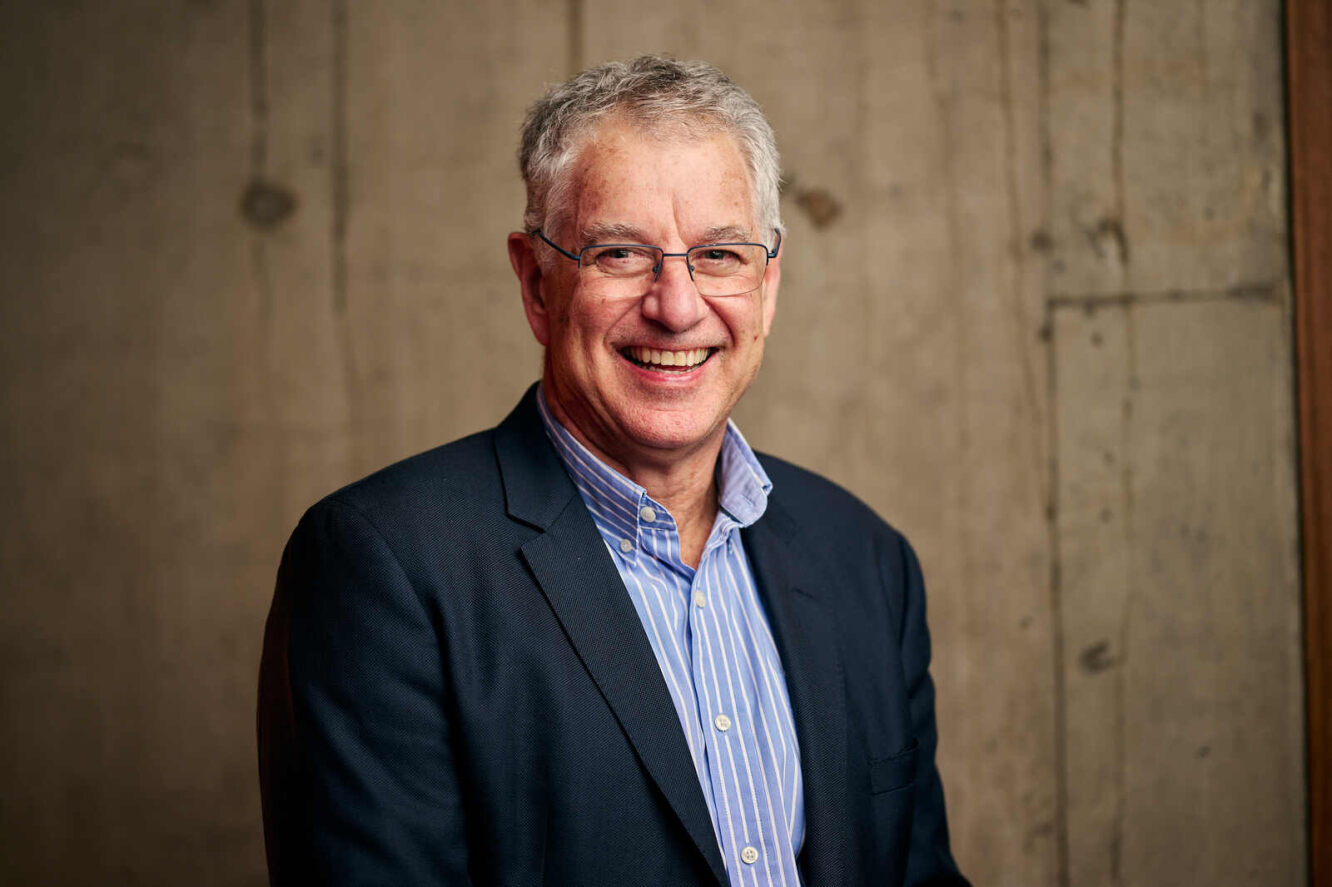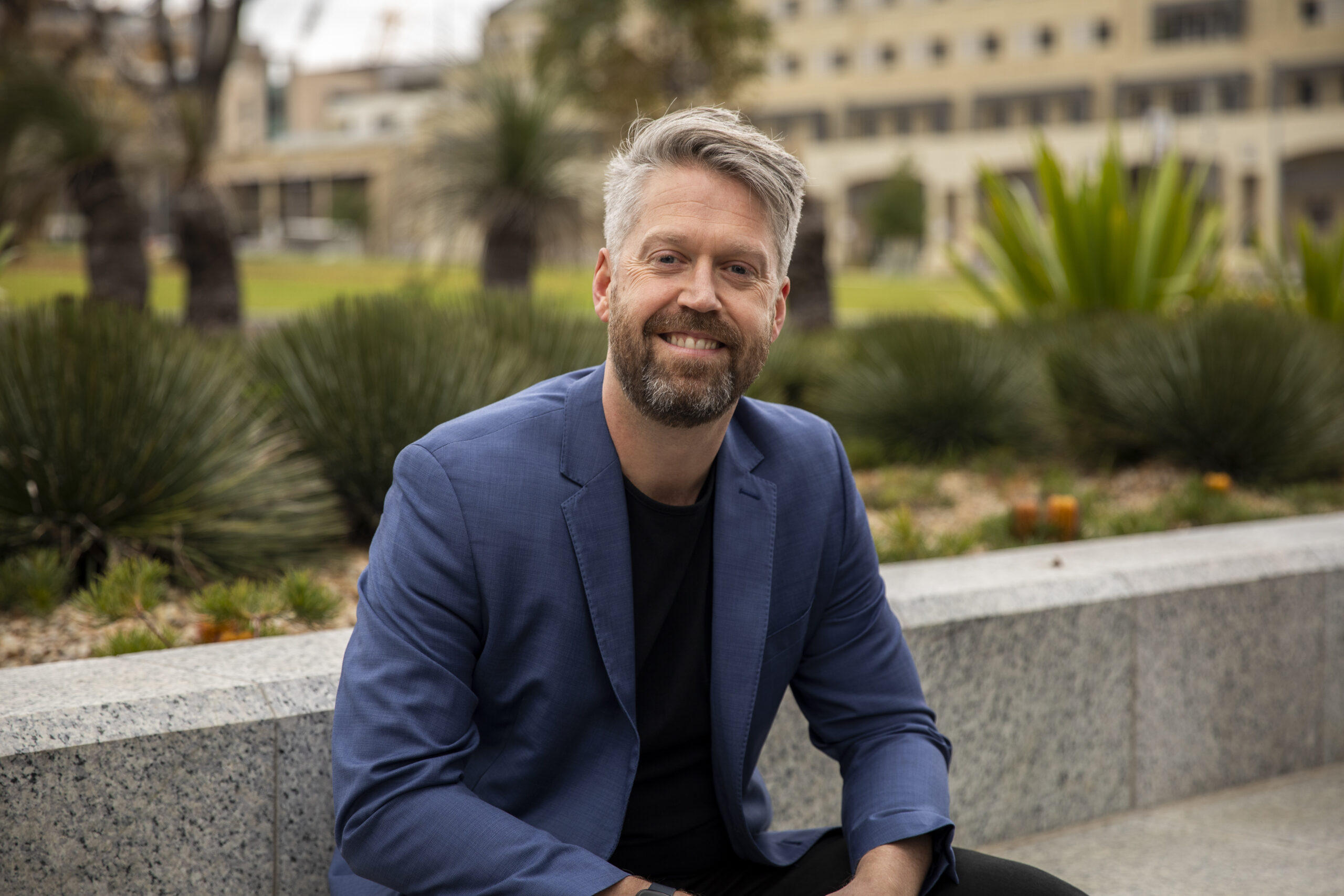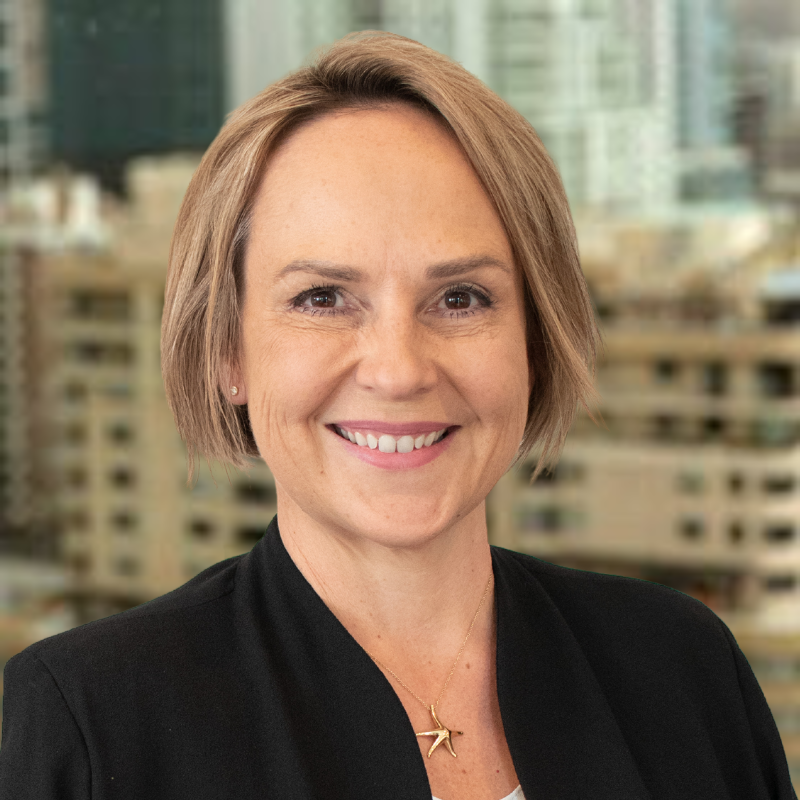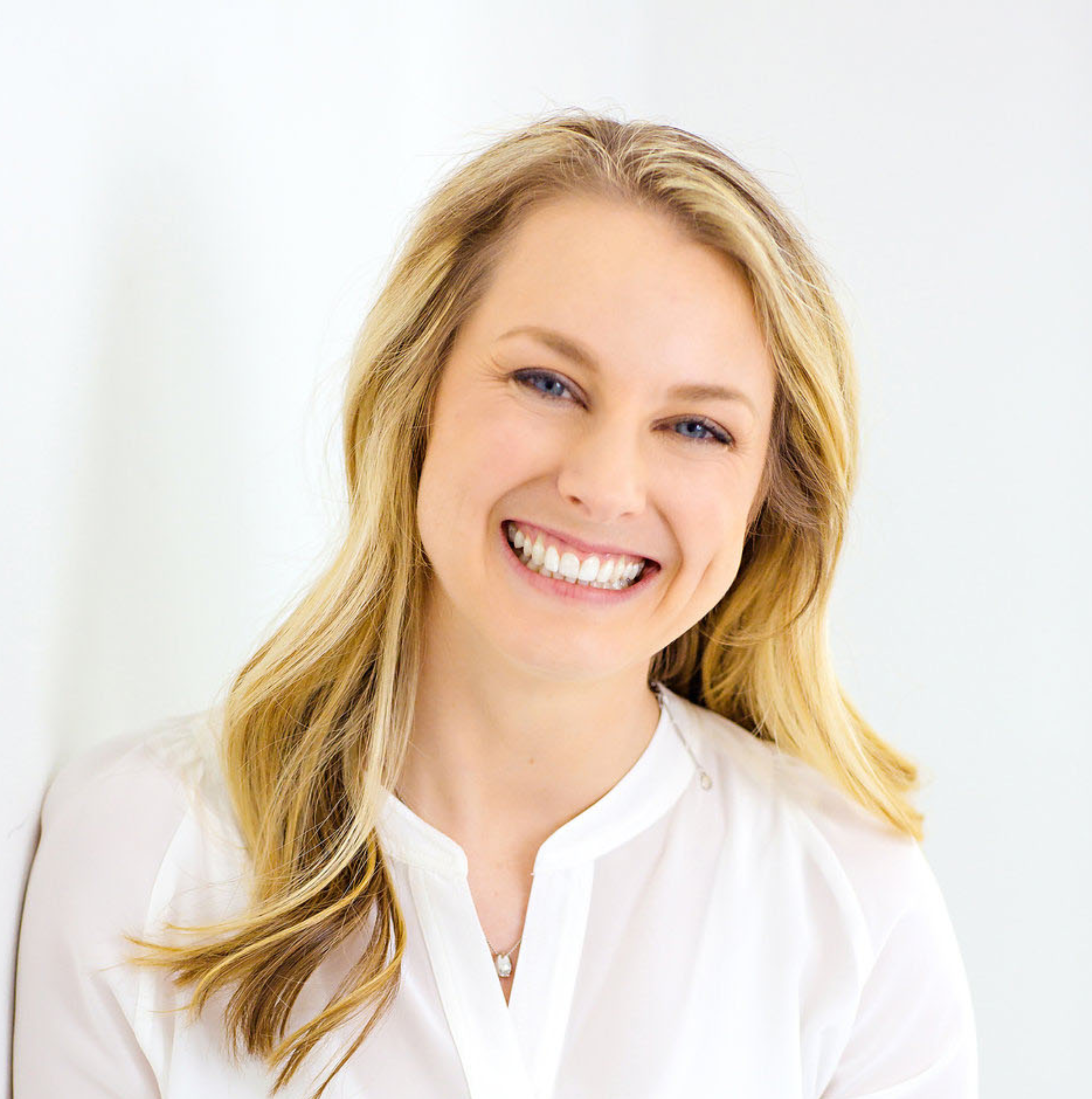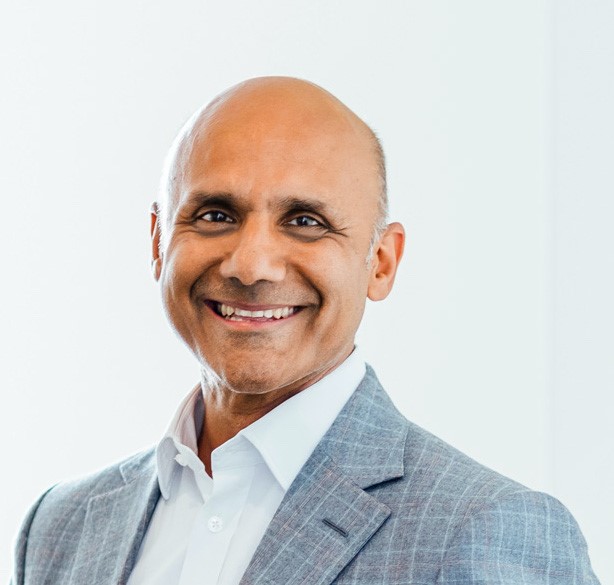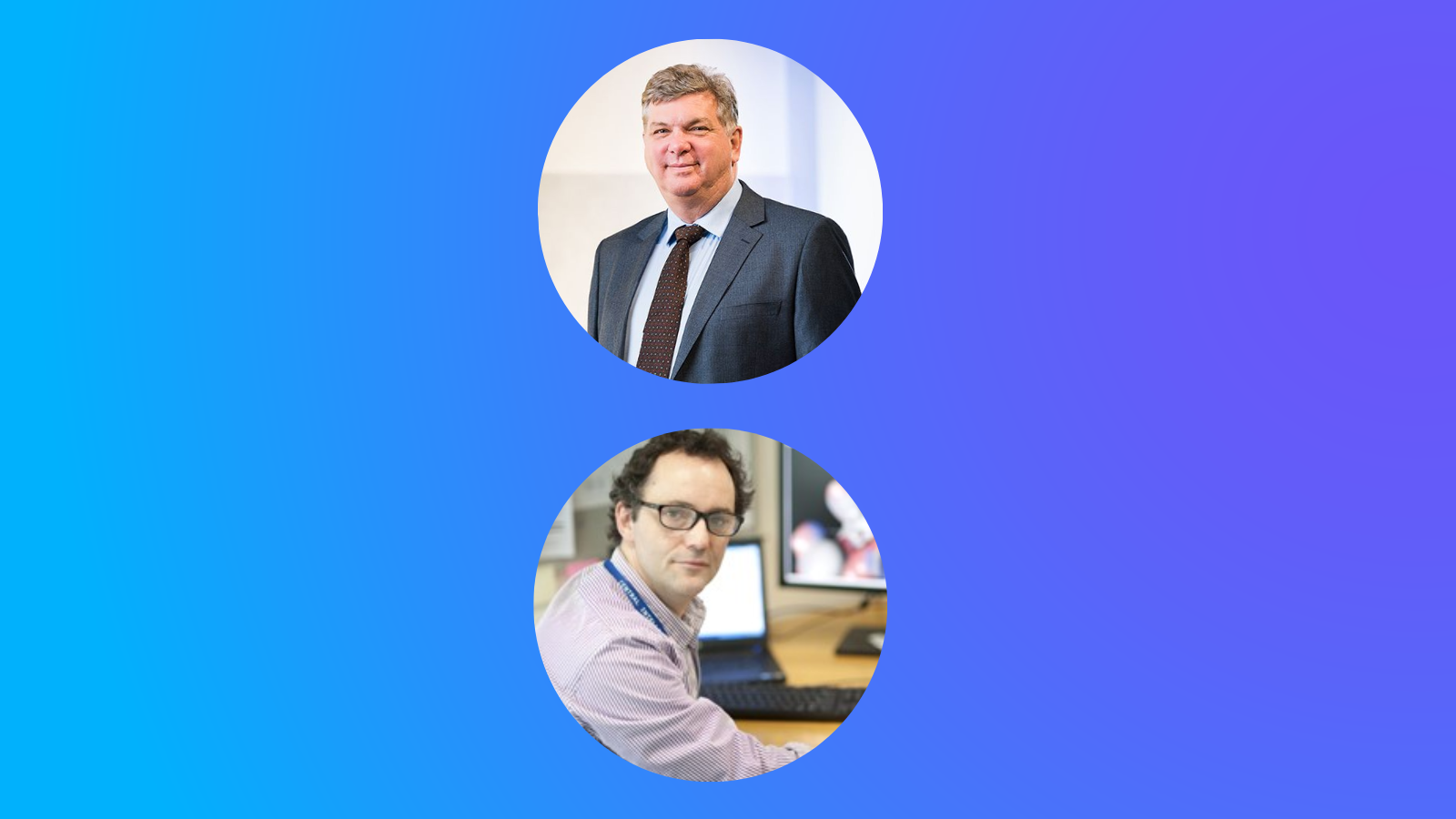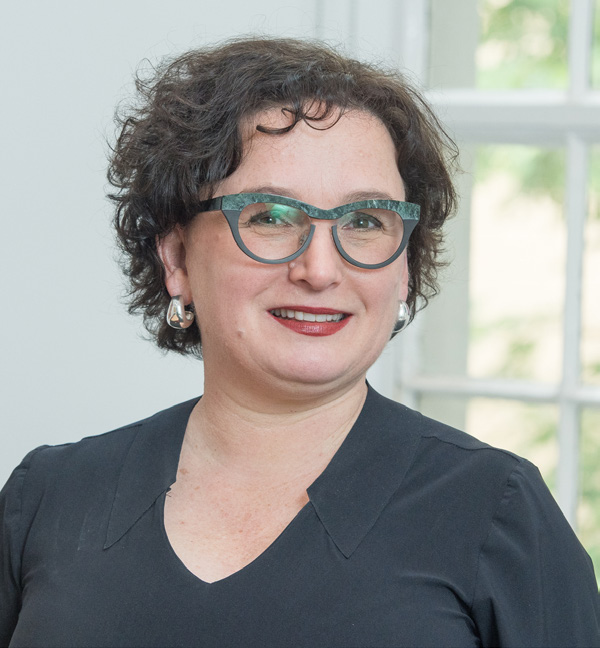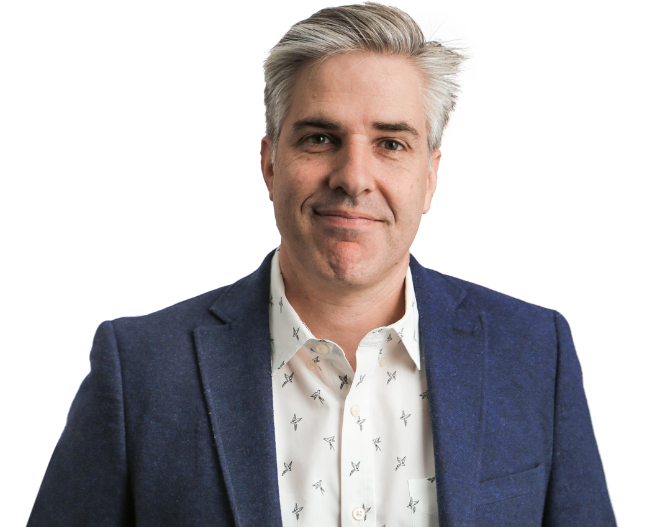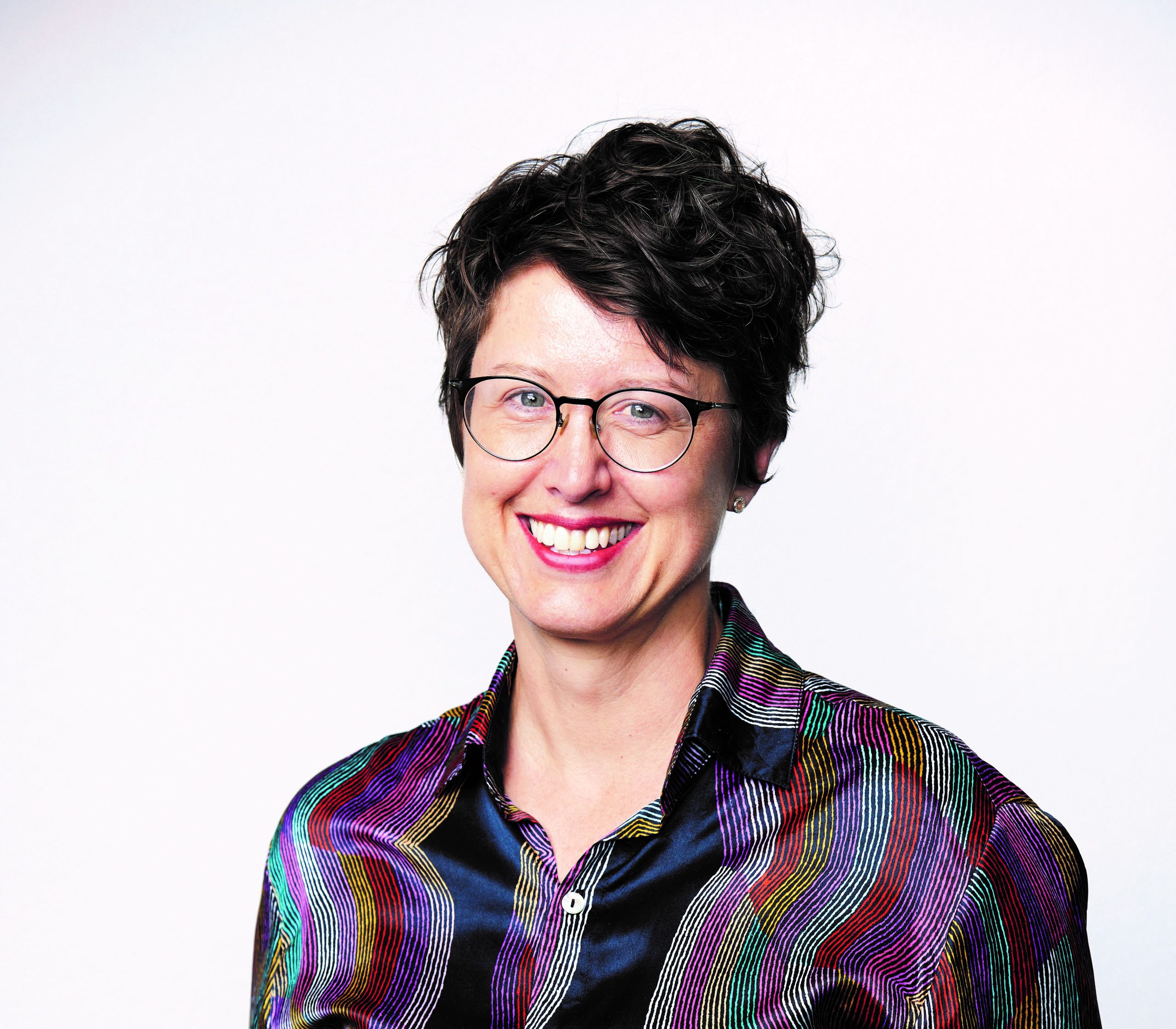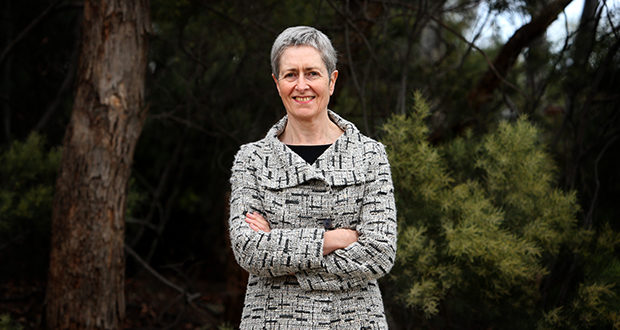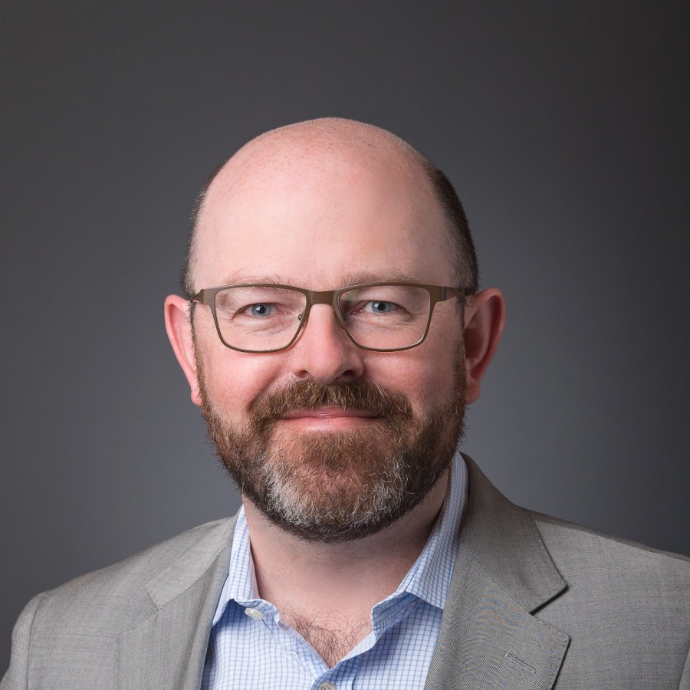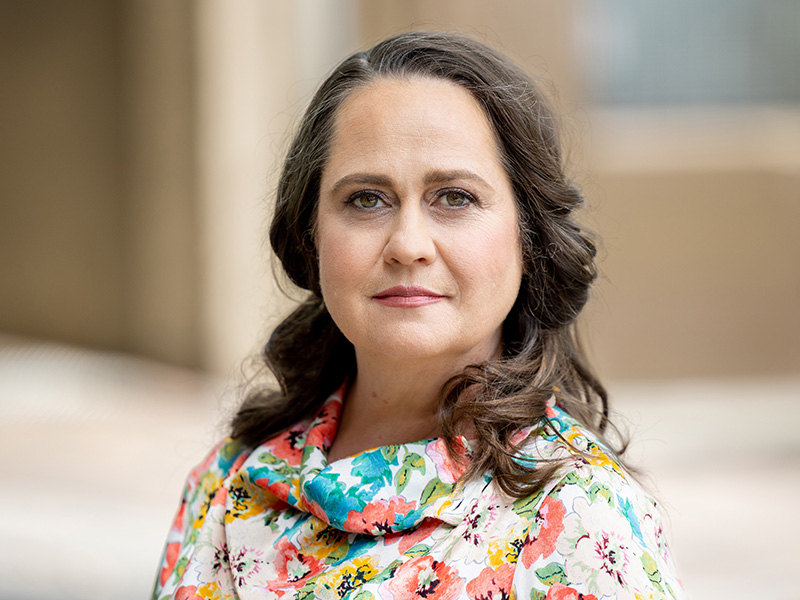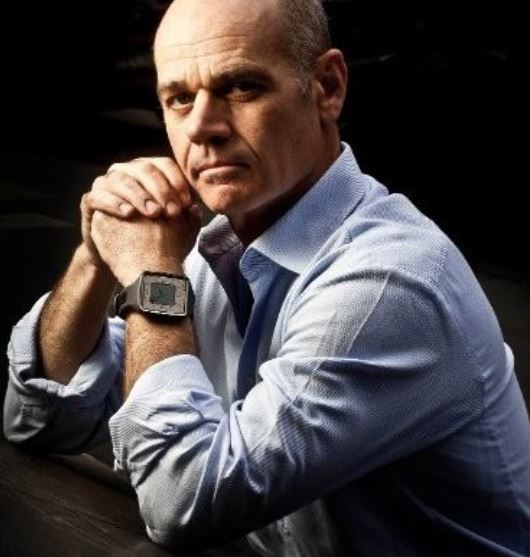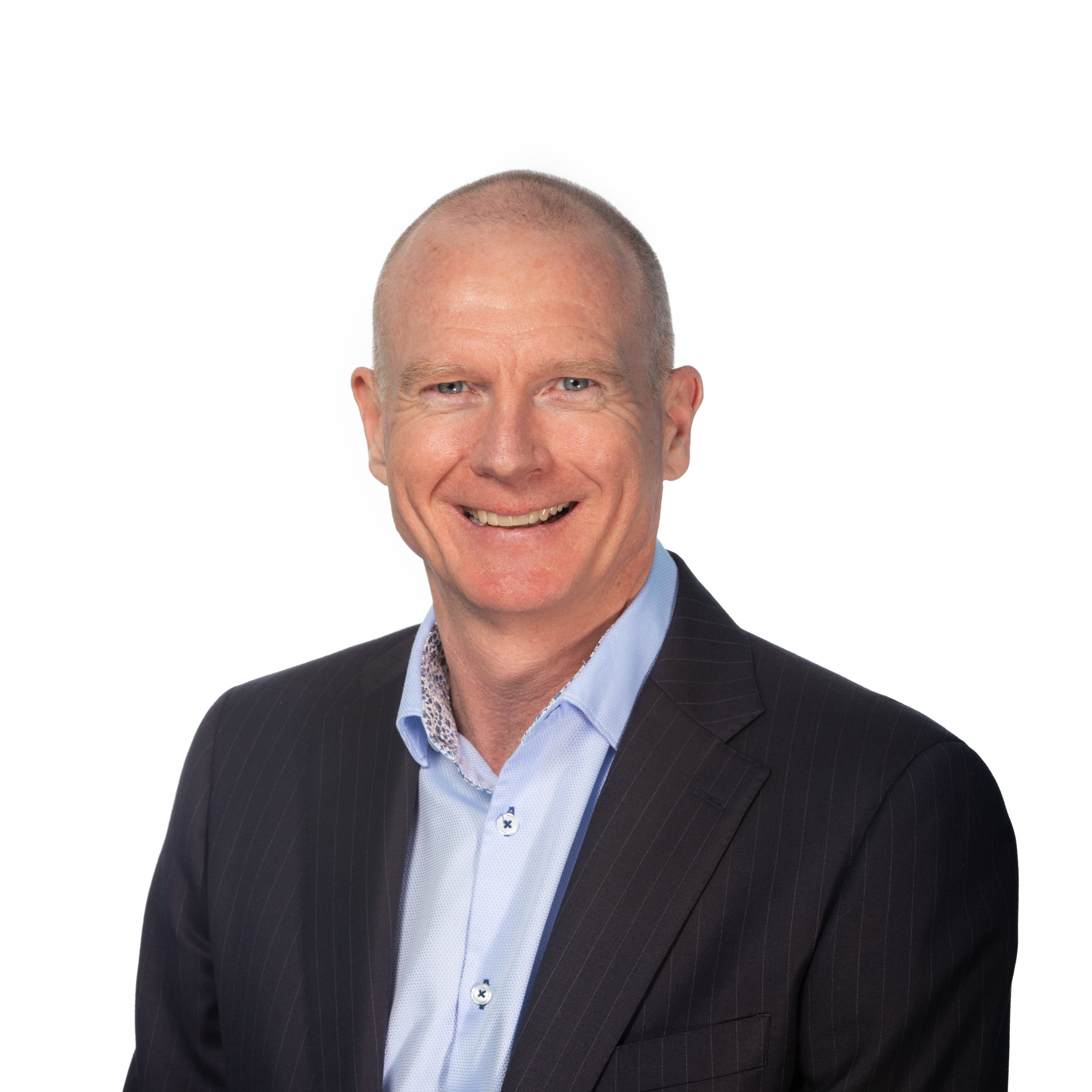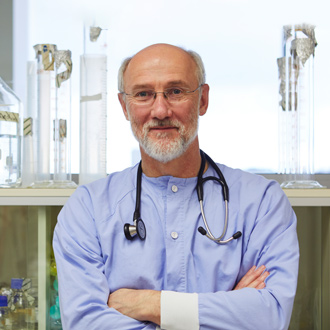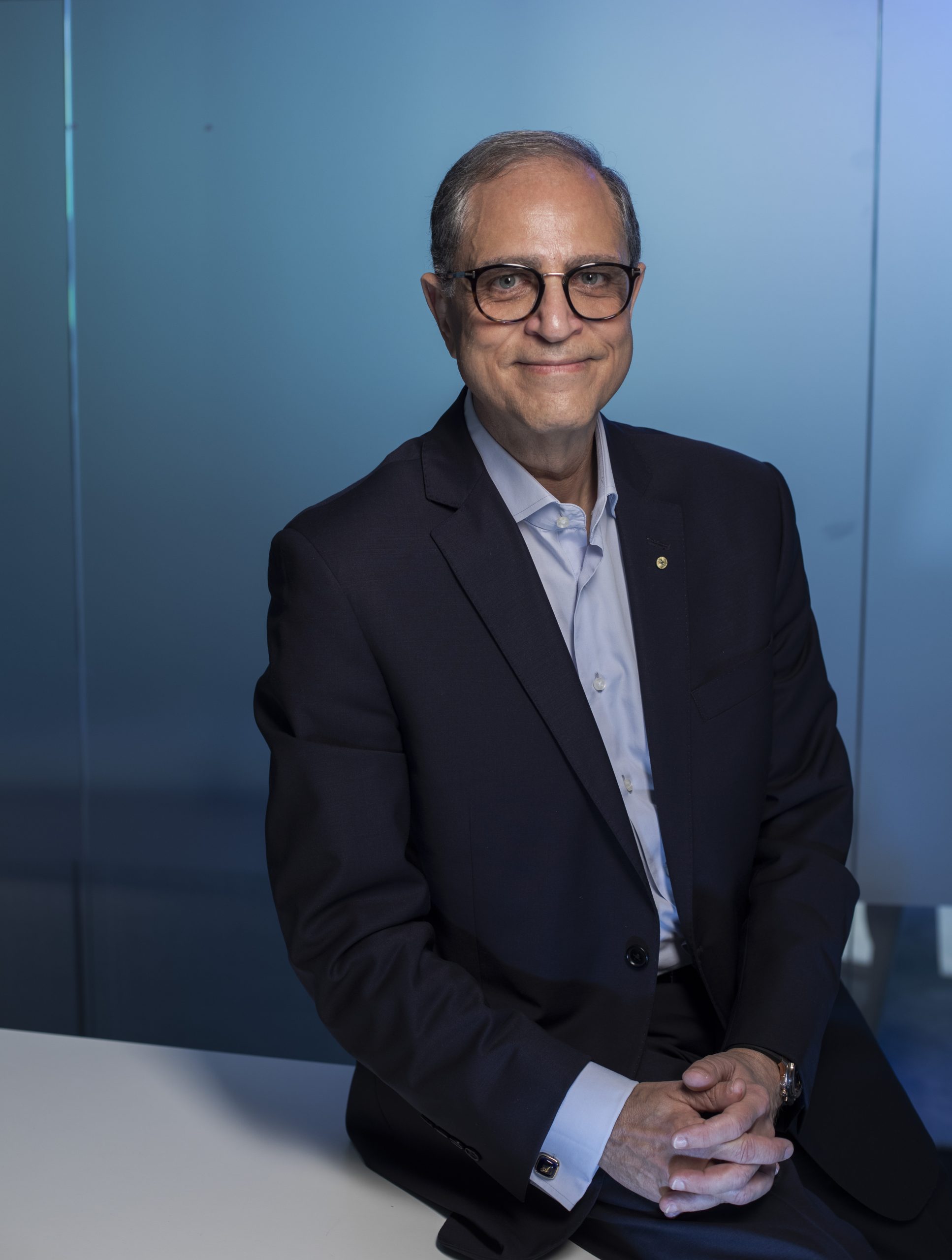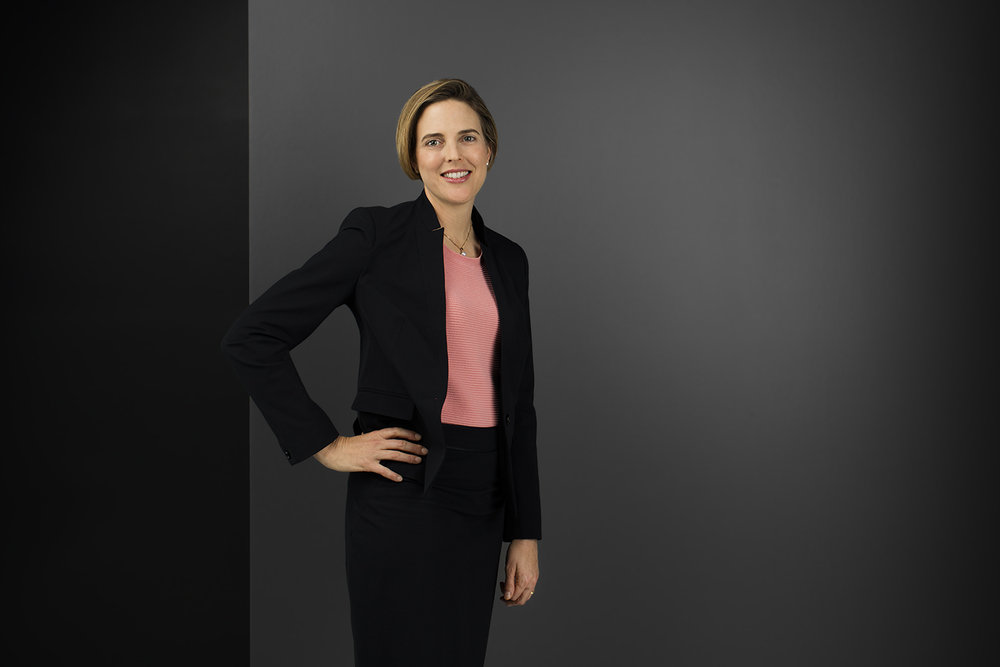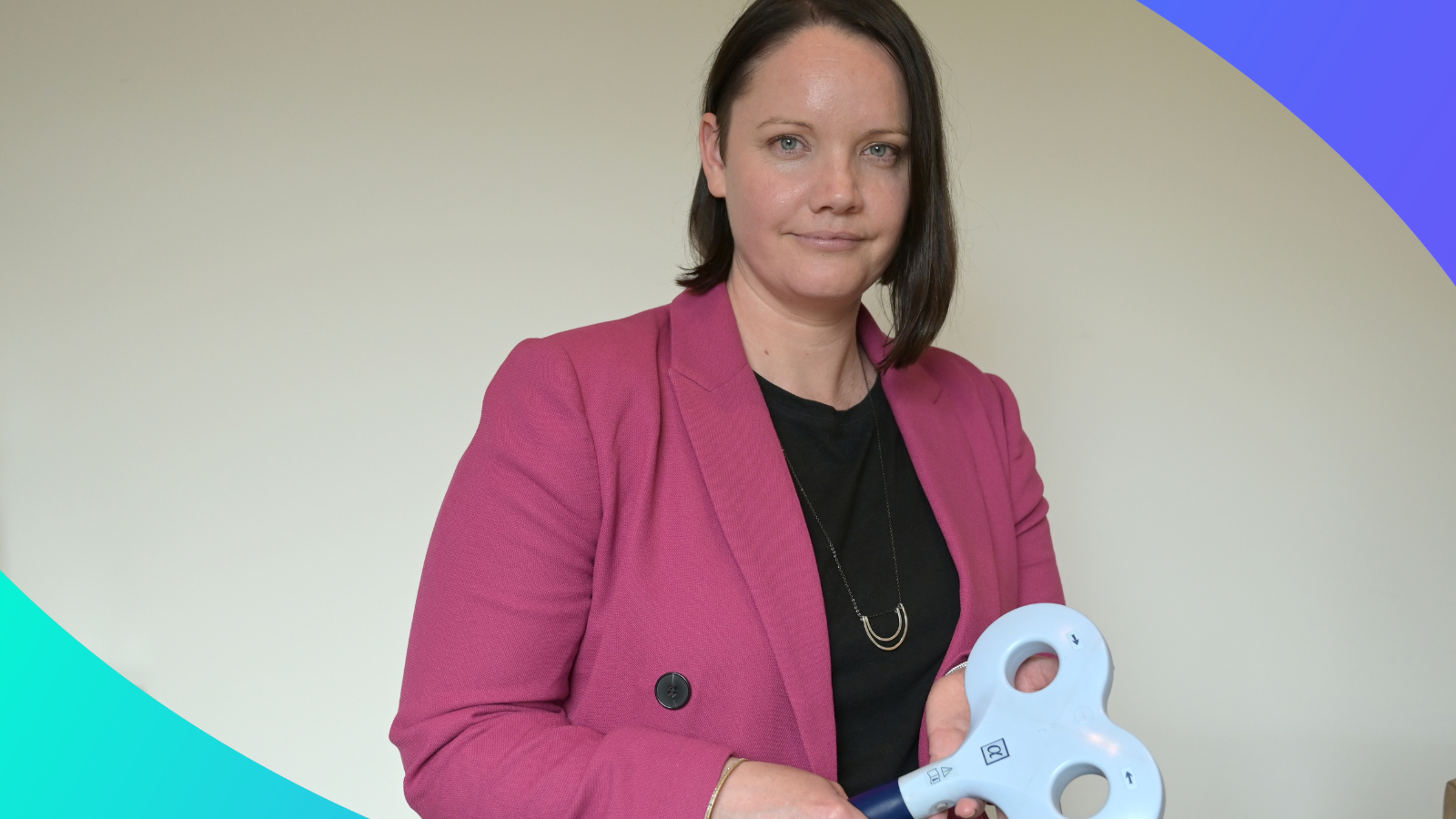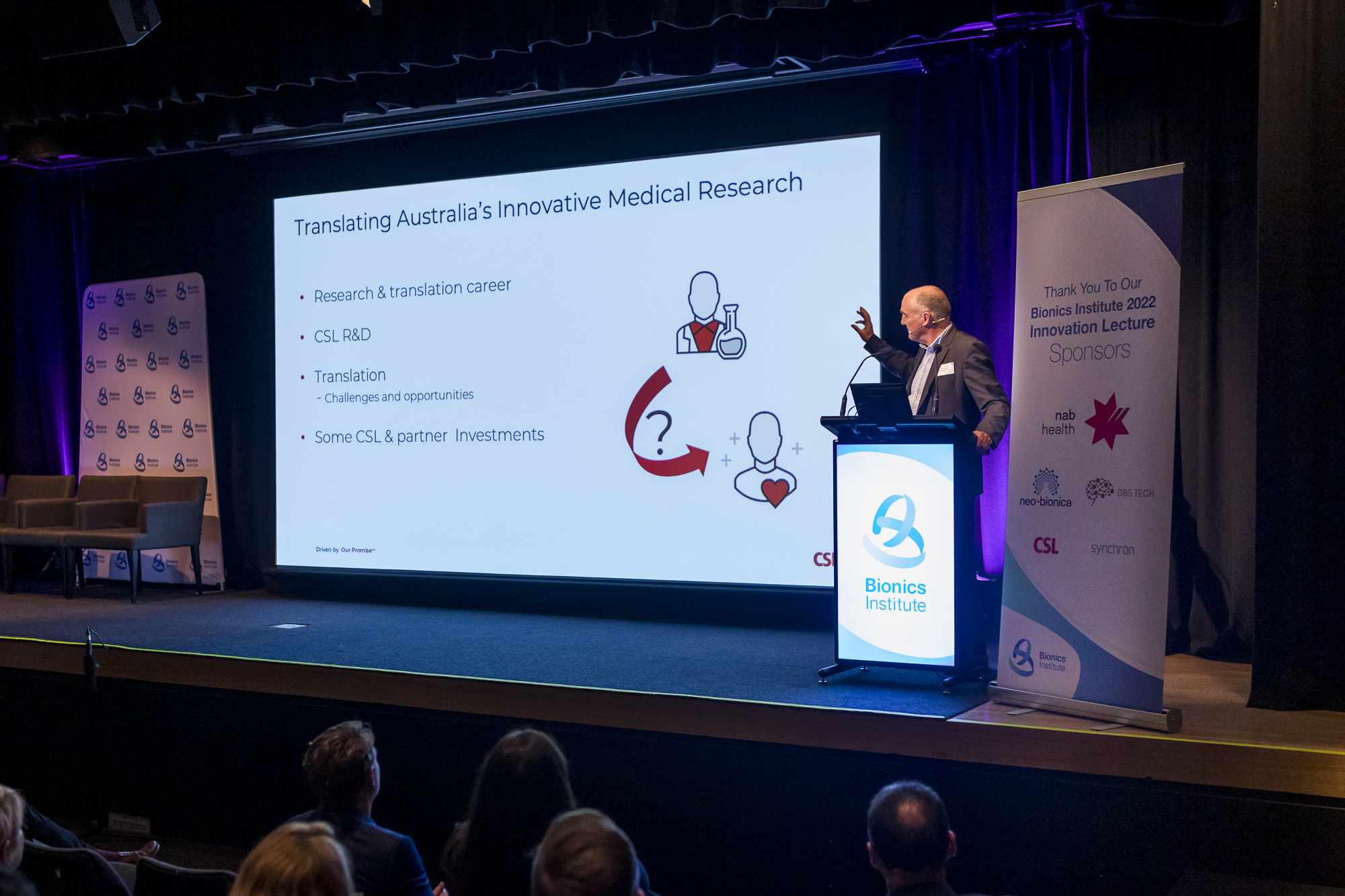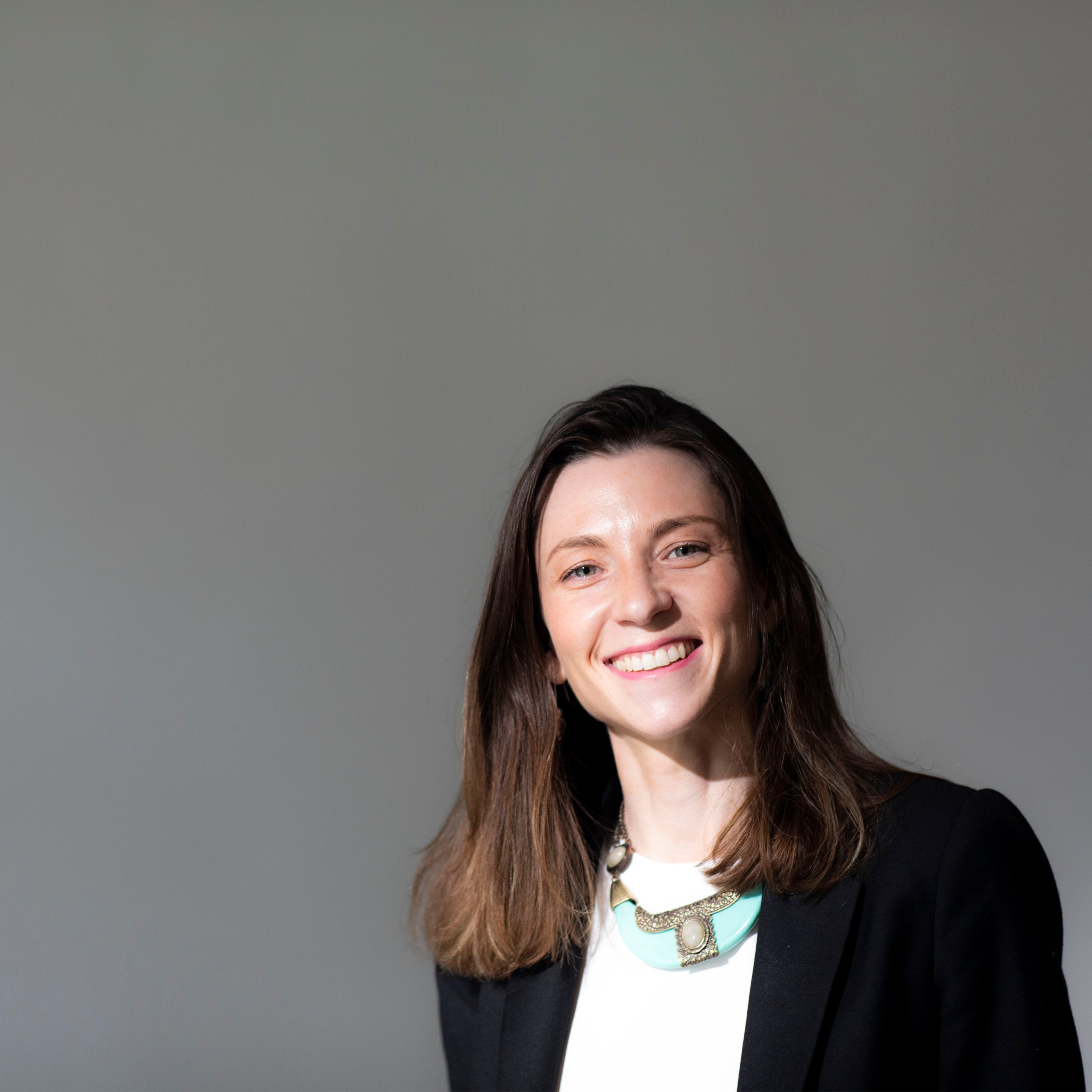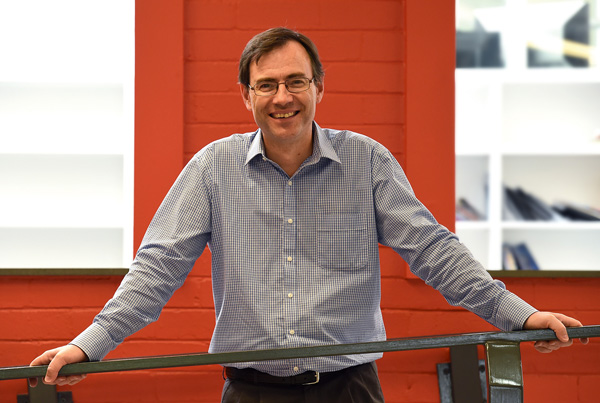Med Tech Talks
Seeding success at WEHI Ventures: Funding early-stage research with Dr Anne-Laure Puaux
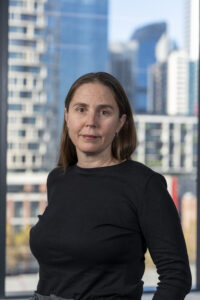
Dr Anne-Laure Puaux
CEO of WEHI Ventures and Head of Business Development at WEHI
WEHI Ventures manages 66ten, a first of its kind pre-seed and seed strategic investment fund of $66 million, dedicated to ideas developed by or in collaboration with, WEHI. With a grand vision of investing $66 million over 10 years in groundbreaking medical innovations, 66ten is the largest internal pre-seed and seed fund created by an Australian medical research institute, established to bridge the gap between scientific discoveries and commercial viability.
Before joining WEHI, Anne-Laure worked in Europe, US, Asia and Australia as part of biotech companies and multinational pharmaceutical companies such as GSK. Through these roles, she gained extensive global experience designing, evaluating, negotiating, and closing deals between academic research institutions, biotech companies, private investors and large multinational companies. She has also completed a PhD in Immunology and an MBA.
In this episode you will hear about:
More information:
Discover more about WEHI Ventures.
Learn more about Dr Anne-Laure Puaux.
Dr Anne-Laure Puaux [00:01:29] Thank you, Robert, and thank you for having me.
Robert Klupacs [00:01:31] To start us off, could you share your journey and how you went from a PhD in Paris, France in immunology all the way to joining WEHI as Head of Business development and now more recently as CEO of WEHI Ventures.
Dr Anne-Laure Puaux [00:01:46] Great question. Thanks, Robert. So I think, you know, the starting point was that I always wanted to use science to develop innovations. Okay. So new products or, you know, just technologies and the idea to create something new, something that didn’t exist before using science and and new technologies. And so that was my starting point. And I think that came from what I was exposed to as a student. So in Europe, you know, things are not perfect, or better than in Australia, but certainly something that they have that I think is a little bit lacking in Australia is a very, very strong industry base in, in life science and pharma. And so as a student, you are much more exposed to what that looks like and the opportunities that might exist there. And so before I even doing my PhD, I had the chance to do, internships, for example, in the research department at Sanofi Pasteur, one of the leading vaccine companies in the world. And so then this became my idea. Yes, I can learn the best science in academia because that’s the best place to do good science. And then I will go on into companies, to actually use that science and develop new projects for, for the patient’s benefit. And also a PhD, you know, very interesting degree if you think about it, because that’s one of the very few degrees that is recognised globally. You know, you have a PhD, you can come to any country and and explain what you what you have been doing. Following that, I went into different roles in biotech companies, pharma and academia as well. And I kind of specialised working in that interface. Yeah. So that’s how I came to be a kind of specialist in, you know, working, at the interface between scientific research, academia and private companies. And so I think that was useful, to come to, WEHI and we WEHI Ventures now.
Robert Klupacs [00:03:41] You skated over a little bit there. So PhD at Institut Pasteur and now in Australia and Asia in between. You got to tell us about that journey and how you finished up here.
Dr Anne-Laure Puaux [00:03:52] Yeah. So in terms of geographical areas, that was a lot of fun. So, you know, once you start living in different countries and places, that becomes I would say a bit addictive. Essentially. So, you know, it’s great to discover new places and new countries, new, new ways of working. Obviously it comes with challenges as well. But, you know, that’s part of the of the game. And so yeah, so I really, had the chance to be able to alternate between academic research and industry roles. And I think that’s something that is not very common in Australia, but something that people do. More often, I would say in other places, other countries around the world. So I did a postdoc in Singapore. I worked in a biotech company in France. After my postdoc, I had gained some scientific knowledge that was of interest to GSK. So I was recruited at GSK, and then within GSK, I was very lucky to have the chance to move from R&D to business development and do an MBA in the process as well. So I think that’s how, you know, you gained that knowledge around cience and business, and that’s what is very important involved, such as business development at medical research institutes.
Robert Klupacs [00:05:05] Just obviously a French speaker, brilliant English speaker and then you did your MBA in Spain. So it was in Spanish. Was that in English?
Dr Anne-Laure Puaux [00:05:13] No so the program I did was a global executive MBA. And so it’s a global program completely in English, unfortunately I don’t speak Spanish.
Robert Klupacs [00:05:23] Now I wanted to jump into the next part of your life. But before I jump to WEHI Ventures specifically, can you tell us about your experience as someone deeply involved in both business development now, and do you just take us through how did you navigate that intersection that you just alluded to between early stage research, commercialisation and the whole translation process, and in particular – and you’ve alluded to your being given to Australia – but in particular the different mindset between academic discovery and drug development.
Dr Anne-Laure Puaux [00:05:55] Yeah, I think that’s the key question. Right. And this is a big subject and there are people working on that subject. And there are, you know, seminal… I mean, we could spend three days discussing this. So I would say these two worlds do have similarities and differences. And they enrich each other, when, you know, they work together very cleverly. And so as a starting point, I would like to say that the science is the same. Science is the same everywhere. You know, people who have not been exposed to research and development in a private company might think that the science is somehow of a lesser quality in companies or in industries. And I can say that this is not correct. So the science is the same. The people are the same, you know. Everyone in industry, around the pharma industry has done a PhD and some, usually several postdocs. So I think you need to understand that. Yes, that’s the starting point. And the science doesn’t turn differently somehow. If you work for a company and you do a drug discovery and development project. Now, the goals and the ways of working are very, very different. And so, for example, one of the very important element, I believe, is that drug development is actually a team sport. You have at the early stages, your team between, you know, 10-15 people working together at the late stages. Hundreds, thousands of people to achieve one goal together. And so I feel like in academia, it’s more like, yeah, there is people are very well organised for their scientific achievement, which, you know, is fair because it’s very difficult to be a successful academic scientist. And so we have that kind of superstar, you know, world around them, and everything is organised around them and their and their science. But in industry, this is not the way it works. It’s really a team’s, effort. In drug developmentl, also another key element is that you can change directions and you will change direction because again to science is the same. But you always need a good reason and the goal remains the same. In research, of course, you know, research is the creativity. You know, seizing opportunities, changing the goalposts are changing. And that’s perfectly fine. That’s how, you know, we get great new science developed. So I think I think those would be the key differences. And it’s not easy to navigate them. But I think with, you know, education and experience/exposure, people can get to know both of those worlds.
Robert Klupacs [00:08:23] Just as an aside, do you see a difference between what you saw when you were working in France and in Europe compared to what you’re seeing now in Australia? Or do you feel it’s the same?
Dr Anne-Laure Puaux [00:08:34] So my feeling in that in Australia, people, in the academic world, are not as much exposed to industry R&D. And so some of them are not interested in. That’s fine. You know, they probably get what they need from their academic world, but some of them are curious about it. And so I think the challenge for the Australian economy is to really develop the sector more, to give them the opportunities to have that experience, because today I don’t think we are there.
Robert Klupacs [00:09:03] There’s a nice segue way into my next question, so I want to talk about the creation of WEHI Ventures. Clearly, it’s unique in Australia and possibly the world in and particularly in the medical research landscape. I know a lot of us, and I’m particularly me and our listeners, I suspect, just as much me are thinking what led to the formation, how did WEHI bring together stakeholders to buy into the concept, and what do you hope to get out of it in the next ten years?
Dr Anne-Laure Puaux [00:09:32] Absolutely. So WEHI Ventures was created a year ago after many years of, you know, discussion, preparation and, you know, and to get to that final decision 12 months ago. And so this is a seed and pre-seed fund – strategic investment fund. So it means that this is an investment fund that will, or that is already investing into WEHI ideas or WEHI collaboration or WEHI people to deliver commercial returns. And so really the goal is to form a portfolio of commercial programs that have the potential to, to create financial returns. Everything is very early stage as I said it’s seed and pre-seed. So the financial returns you know are but unsure and they will come – if they come – they would come in the very long term. And, and I think WEHI know that and embraces the level of risk. And really the thinking behind is that WEHI, like many other medical research institutes, has lots of ideas that are really sometimes just ideas or a little bit more, but too early stage to be attractive to any investors like VC or any pharmaceutical company or biotech companies. But we could see that with a wealth of ideas that we have and a track record at WEHI, we some targeted investment, we think we can, really develop greater commercial success. And, you know, the ambition is to multiply by an order of magnitude, really. And so what would happen if there are commercial success and financial returns to the fund, is that actually, they would go straight back to WEHI.
Robert Klupacs [00:11:09] It’s a $66 million fund, and that sounds like a lot of money, but from the venture capital perspective, it’s quite small.
Dr Anne-Laure Puaux [00:11:15] That’s right.
Robert Klupacs [00:11:16] Are you looking? Yeah and it’s bizarre, isn’t it? But are you looking to do smallish investments to get to killer experiments to prove a, prove a concept before you take it out? Or do you think you’re going to write larger checks to take them a bit further on?
Dr Anne-Laure Puaux [00:11:32] Yeah, it’s a very good question and something we debate quite a lot. And the answer is both actually. So can start at idea stage if those ideas, you know are attractive novel and commercial in nature but with even no data. So in those cases we really deploy very small amount of capital to do that killer experiment, because, you know, you need to identify the key risk factor. And you say, okay, is this does this have any leg at all? Does it pass the pub test, you know, is it just crazy? Or so that’s what we do. But then when you come to a little bit of the more advanced stage, which are still very early stage. I think, you know, depending on the project, you might need to deploy a fair amount of capital. And so that comes back to your first comment about, $66 million being a lot of money. And that’s a lot of money for a seed and pre-sed fund. And that’s really great that, you know, WEHI is bold enough to make that decision and to, to make that step. But I think we are also very cognisant of the fact that most of the deal flow we have at WEHI around development of novel therapeutics, a specific field of, you know, a R&D that is very, you know, that has characteristic of being very expensive, very long term and very risky. And then, you know, if this works, obviously, this is a very large, level of payout that you can expect at the end. And so we think that $66 million dollars over ten years can make a real difference at a pre seed and seed stage, but we don’t have too much money. And, so we are very limited in the choices we can make. And that’s I think that’s good because, you know, having always attention on that attention to the last dollar that we might be able to save by stopping a project that will not work is very important in venture capital investment. And so to answer your question, we we I think we make the choice at this stage to not sprinkle money too much over a large number of programs. Apart from those very early stages that I mentioned. But then we really need to make the right bets and put the appropriate amount of capital to make a real difference to them.
Robert Klupacs [00:13:53] Fantastic. Is it only open to, WEHI projects, or can anyone in Melbourne ring you up and say, I’ve got a great idea?
Dr Anne-Laure Puaux [00:14:00] Yes. So, the answer is, a bit in between. So this is WEHI’s money, in this fund. So the investment mandate is such that we need a WEHI connection. So not anyone that in Melbourne can come with an idea. However, there is a little bit of, flexibility around that. So, of course WEHI people or ideas are eligible. But if you think about a collaboration that would involve WEHI, that could be also in scope. Certainly. And we have been also encouraged by the board, interestingly, to think about this fund as a talent attraction tool. So if someone you know has an idea that fits well within the WEHI capabilities or strategy and wants to join WEHI that is something we can make. We can make happen. Yeah.
Robert Klupacs [00:14:48] I’m listening with awe actually. Not all of us in the medical research sector have a $66 million, let’s say, plaything. But we all talk about the valley of death. And for the sake of $1 million, something is going to go by the wayside. You have that. Mind you you have to be disciplined. I know that, but I’m looking at you feeling very envious.
Dr Anne-Laure Puaux [00:15:09] This is an amazing position to be in. And we are we are very, extremely fortunate at WEHI to be in this position. We are very conscious of it. Now, I would say, you know, what we can see that, seed funds are popping up a little bit more now. So certainly, this type of initiative is not unique in the world. There is precedent. And we’ve been talking to these people, in the UK and in the US, they’ve been doing very similar things. They started earlier, they had huge successes. So this is quite encouraging. But even here in Melbourne, we have quite a number of, early stage fund that were created in the past, I would say two years, which is really encouraging. I think by now we have access to seed stage capital in in Australia and in Melbourne particularly. The next challenge would be series A, but I think the idea in the sector is that when we have more mature companies that require that level of capital, the funds would be created. So there would be a kind of, you know, stepwise development of the in the ecosystem and the funding capability in parallel. I think there are also projects around, developing seed funds that are accessible to, you know, there are university seed funds at the moment, and I think there is ideas around, MRI seed fund, which could be accessible to anybody.
Robert Klupacs [00:16:31] You you mentioned earlier that most of what WEHI does is therapeutics in nature. So it is it’s small molecule biologics. And there’s a reason I aske= the question because early stage investment in biologics is incredibly expensive and hard and very high risk, because you got to invest upfront without really knowing it’s going to work. Whereas the small molecule – you can you can work around that to some degree. What’s what’s the mix between what WEHI Ventures wants to look at.
Dr Anne-Laure Puaux [00:16:58] Yeah. So we have a very good mix in terms of modalities. We are very big on small molecules actually. But we also have a quite a big. Quite a good deal flow in terms of biologics that includes things like nanobodies, monoclonal antibodies. But we also have ideas around cell therapies and RNA based therapeutics. So it’s quite diverse. I think, you know, biologics and small molecules are the main ones. They have slightly different risk profiles, but a little bit of diversification isn’t too bad either. So I think we are very open to it. We don’t have any restriction on the modalities.
Robert Klupacs [00:17:35] Would you, if we’re back to biologics, I mean, not looking at around Melbourne, I’ve seen many projects. We’ve got some here where you’ve got to actually get the cell line developed, made into a GMP manufacturing batch for toxicology.
Dr Anne-Laure Puaux [00:17:47] Yeah.
Robert Klupacs [00:17:48] Which is with $3 to $4 million activity. But also there’s very few people who are set up to do that in Melbourne. Some in Australia. But what do you do internally? This must come up all the time. You need to get a batch made, cell line developed. Who do you go to or do you do that in-house?
Dr Anne-Laure Puaux [00:18:07] So we don’t do that in-house. I think, you know, these kind of activities are typically outsourced to service providers. And you are right. We don’t have many of them in Australia, I don’t think. I’m not aware of I mean we have yeah, very little in Melbourne, but yeah, I think companies or spinout companies would tend to outsource those activities because those are very specialised. And you are right, they’re very expensive.
Robert Klupacs [00:18:31] Yeah. Oh well, I was hoping you might have an answer for it for the rest of the listeners about how to overcome it. But you’ve got the same issues.
Dr Anne-Laure Puaux [00:18:37] No, it’s the same issues. Yeah. Money doesn’t solve everything.
Robert Klupacs [00:18:42]
Listen to other episodes of Med Tech Talks here
